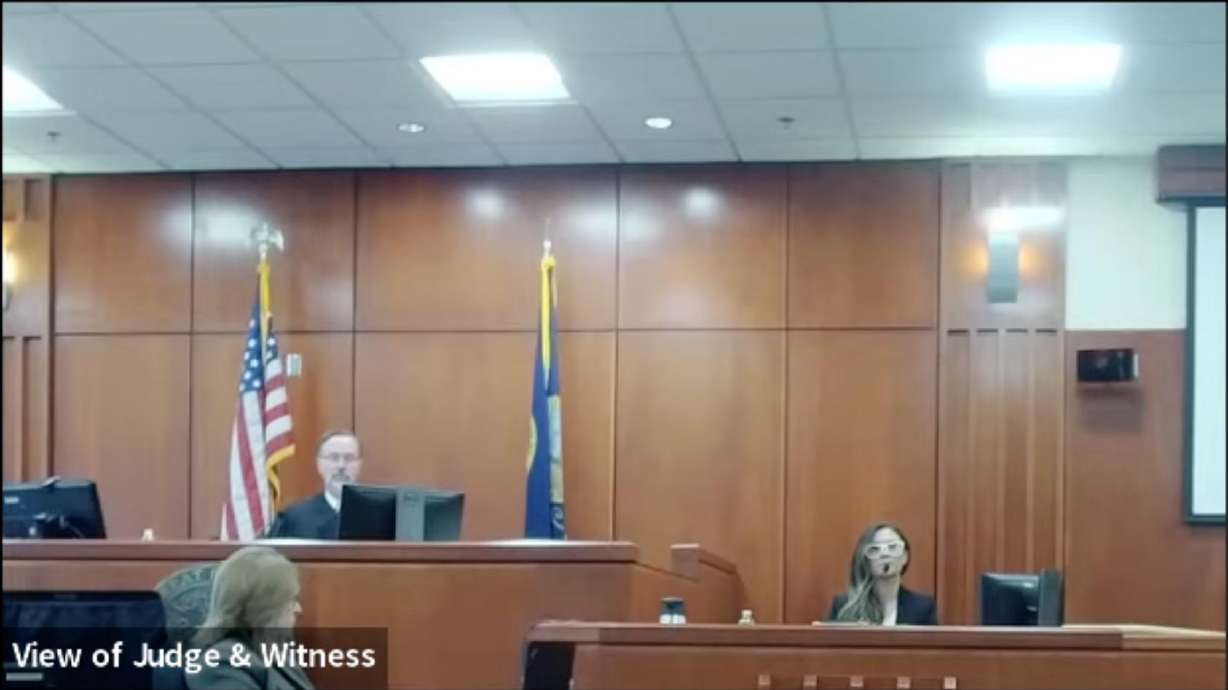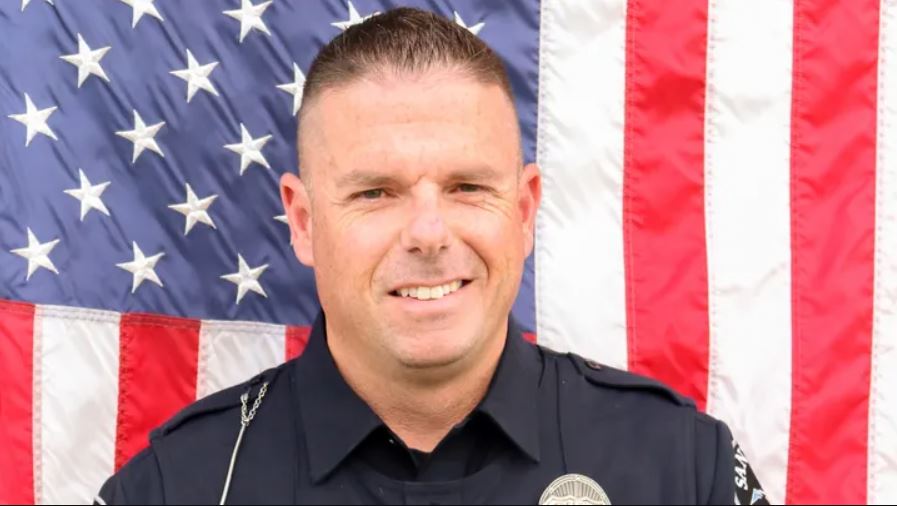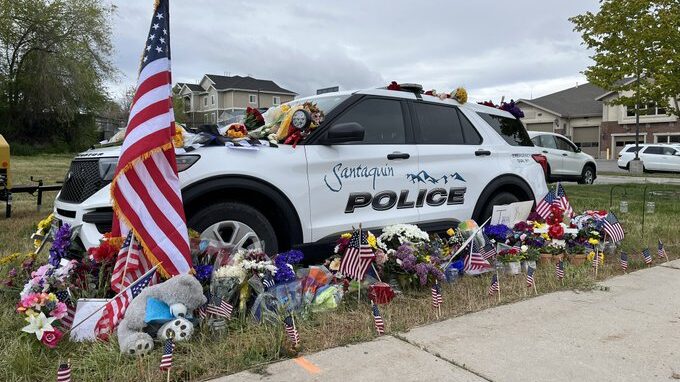DEA assembles Utah Drug Overdose Task Force to combat opioid crisis
Apr 5, 2024, 4:16 PM

This undated file photo provided by the U.S. Attorneys Office for Utah and introduced as evidence at a trial shows fentanyl-laced fake oxycodone pills collected during an investigation. (Associated Press)
(Associated Press)
SALT LAKE CITY — The Drug Enforcement Agency is launching the Utah Drug Overdose Task Force to tackle the opioid crisis that has gripped the entire country.
The agency says fentanyl is saturating the drug market in Utah. It is cheaper, more potent, and more widely available than ever before.
Related: DEA warns fentanyl most deadly drug in U.S. and Utah history
The most recent data from the Utah Department of Health and Human Services shows there were 603 deaths in Utah due to overdoses. Sixty-seven percent of the deaths were related to opioids, and more specifically, 29% of them were related to fentanyl.
The source of the problem
DEA Assistant Special-Agent-in-Charge Dustin Gillespie said this new task force is not after drug users, but the people supplying them.
“We want those distributors, those individuals who are profit-minded, who are looking to expand their client base by increasing addiction in our schools and in our communities,” Gillespie said. “Those distributors are the ones. Those are the targets of our drug overdose task force.”
Related: Life expectancy and drug overdose rates rose in 2022
The task force is made up of 10 local law enforcement agencies, including the police departments in Salt Lake City, Layton, Sandy, Ogden and South Jordan. It also includes the Unified Police Department, Salt Lake City Sheriff’s Office, Homeland Security Investigations, and U.S. Attorney’s Office for the District of Utah.
Duties of the task force
Members of the task force will continue their normal duties but will coordinate with the DEA on local overdose cases.
“The task force will serve three primary purposes,” Gillespie said.
“First, we will identify, investigate and prosecute those criminals who distribute drugs, resulting in the death or serious bodily harm of another person. Second, the task force will consolidate intelligence, particularly digital evidence, from overdose crime scenes, in order to identify potential linkages between different incidents. Lastly, the task force will seek to train and educate first responders from around the state on how to properly process and preserve evidence at a drug overdose or poisoning crime scene. This last aspect alone will greater improve law enforcement’s ability to identify distributors and develop investigations suitable for prosecution.”
Future of the task force
Gillespie said the DEA is a small agency.
They rely on the partnership and collaboration of local, state, and federal law enforcement.
While the task force is currently focused on opioid cases along the Wasatch Front, Gillespie said they hope to expand it statewide.












